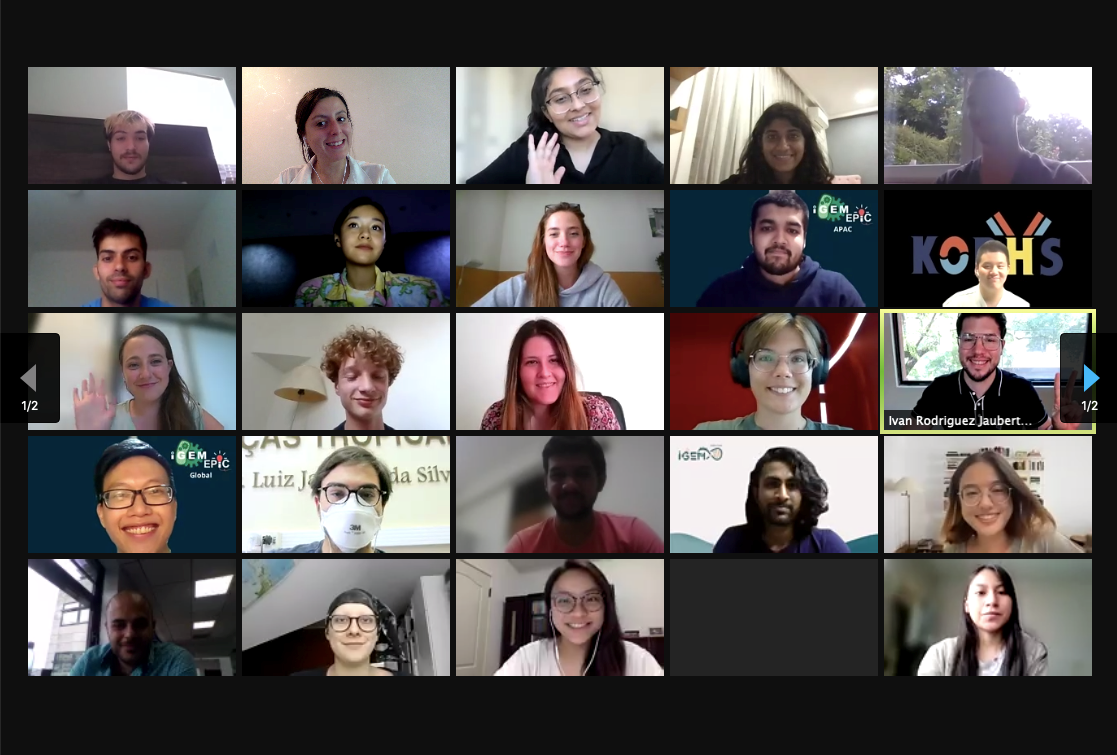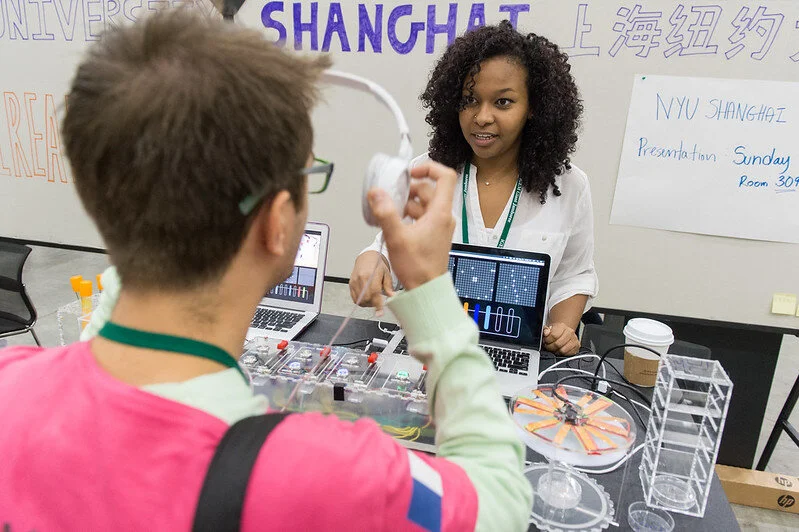Its been an intense and productive few months at iGEM EPIC! Check out our post to hear from our committee heads and get a glimpse of what we’ve done so far!
Welcome!
This blog is where we share stories, announcements, and insights from around the iGEM community.





















